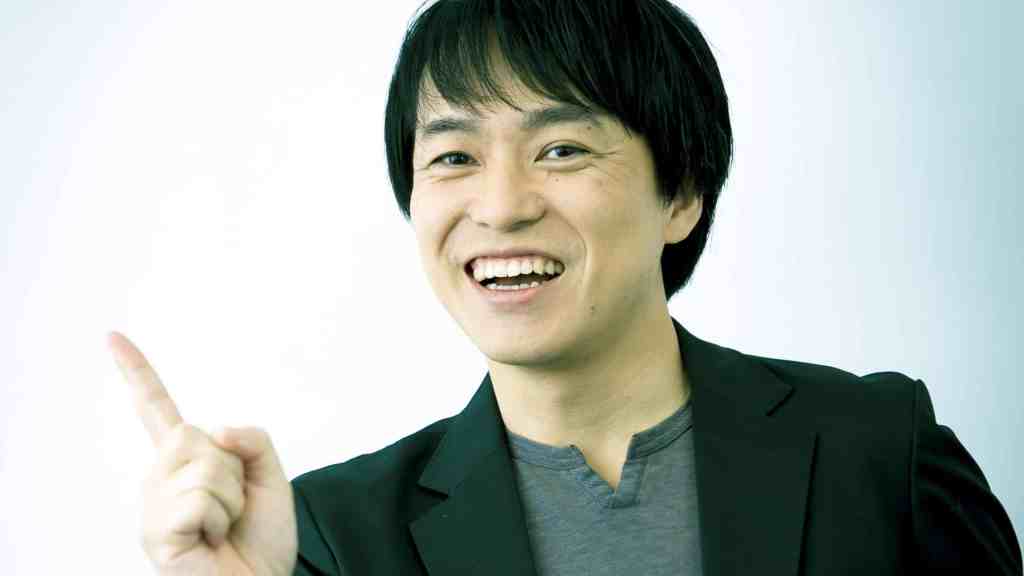In 1998, Tenchu: Stealth Assassins was released on the original Sony PlayStation. It was a hit, racking up 1.4 million sales, and earning strong reviews. The game was the first release from Acquire, a small studio formed and led by Takuma Endo, a young man with no previous commercial game credits to his name, who had set up the company with a group of college friends shortly after graduating.
Endo, who appeared as a special guest at PAX Aus 2023, is still at Acquire, serving as company president. “All of my friends who I started Acquire with, they’re still there”, he told me through translator, On Takahashi.
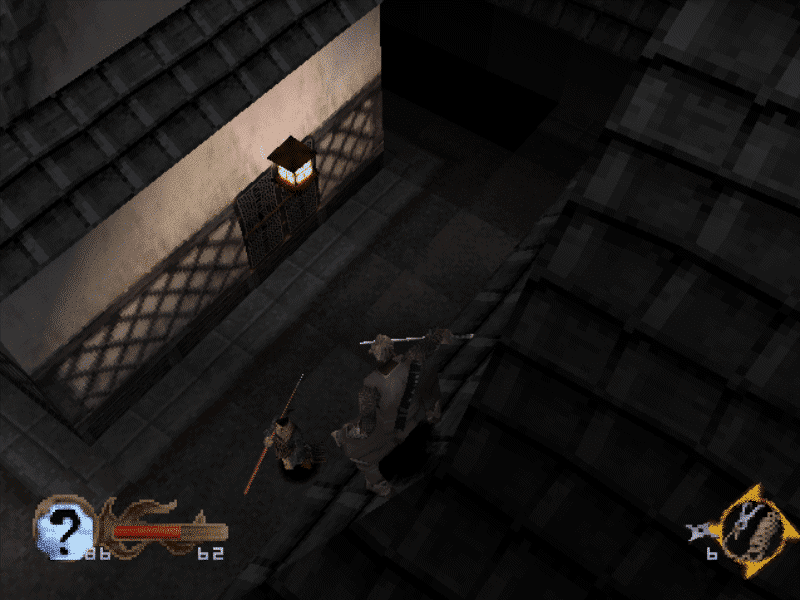
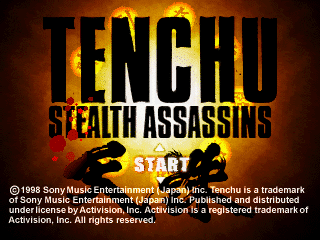
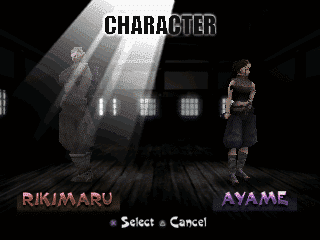
Tenchu was developed by a team of ten people, and was published by Sony Music in Japan, as opposed to Sony Computer Entertainment, which handled several bigger releases. This was part of an initiative to find games from smaller teams. “They had a whole business division where they’d scout out indie developers, finding them out of nowhere,” Endo says. “So Tenchu was like the first iteration of Japanese indies.” Tenchu took just over a year to make, and is considered a pioneer of the stealth genre.
Cut to 2023, and Acquire has grown to “about 150 coders and developers”. Alongside the Akiba’s Trip and Way of the Samurai series, the studio is perhaps best known to modern players for co-developing the smash hit Octopath Traveler games, published by Square Enix. Internally, though, a shift is happening: Acquire is splitting its focus, and working on smaller, more experimental games alongside its bigger releases.
Acquire is currently making two bigger titles, “close to AAA”, including one from the Octopath team (at least one of them is an RPG, too). Alongside this are five smaller games with more of an “indie” spirit – smaller in scale and scope, with more experimental mechanics. “With the bigger projects, we want to give the player an experience, something lore-heavy, with world-building, something that grips them,” Endo says. The smaller, more “indie” titles, meanwhile, are built to “provide quick fun,” to test out new mechanics that may or may not work their way into bigger games.
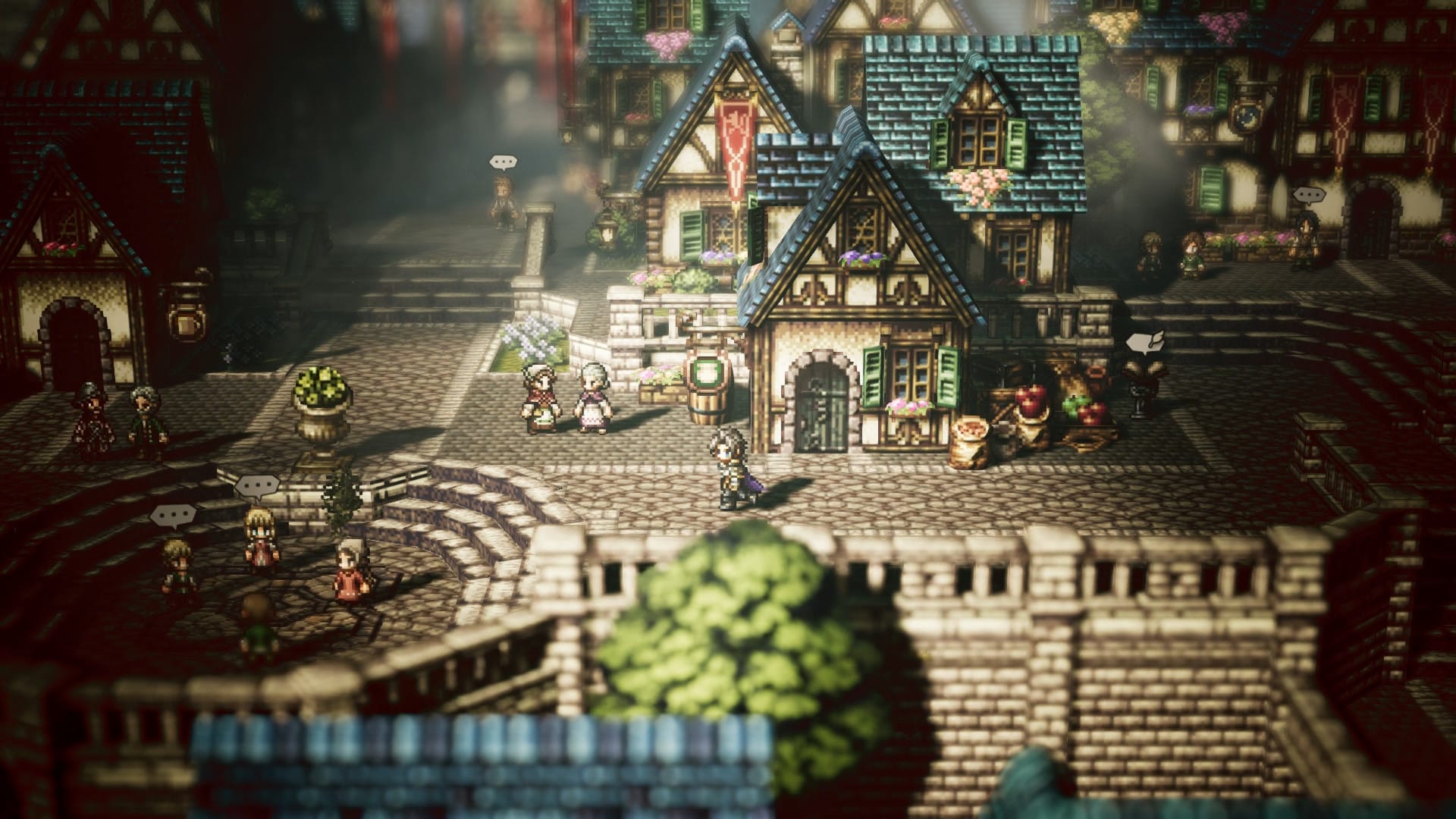
Two of these smaller games were playable on the PAX Aus showfloor: Ancient Weapon Holly and Xaladia: Rise of the Space Pirates X2 (and no, there was not a Rise of the Space Pirates X1). Xaladia is definitely the more immediately accessible of the two: it’s a Space Invaders-style arcade twin-stick shooter with light tower defence and an upgrade system, where you combat waves of enemies by firing a gun at them, while also setting up defenses on the ground.
Xaladia, which started as a personal side project that Endo worked on in his free time, was ultimately developed by a team of just four people inside Acquire – a director, a designer, an artist and a programmer. Endo handed the game off to them in June 2022, and it was completed within eight months; it’s due to release in November of this year. “Within the company, we separate the team between the folks who work on the small projects, folks who work on the big projects,” Endo tells me. “There’s a lot of flexibility, there’s folks who might dip in, dip out on certain projects when they’re needed. But usually each game has a small number of people attached to it, with some rotations here and there.”
The playable demo of Xaladia is enjoyable, if a little simple and unrefined in spots. You play as a character on the ground, firing a gun at waves of enemy ships, but you can also use accrued funds to build a variety of offensive turrets and defensive structures, which quickly become essential as the enemies grow stronger. There’s a propulsive energy to it, and you can see the spirit of experimentation coming through in its blend of genres. “I like to experiment, but you don’t really want to try out a new experimental game mechanic on a AAA title,” Endo explains.
Ancient Weapon Holly is inspired by the team’s earlier PSP title What Did I Do To Deserve This, Lord? (which was called – and it’s very important that you know this – Holy Invasion of Privacy, Badman! What Did I Do to Deserve This? in the US). It’s a harder sell – a dungeon crawler about exploring underground lairs and digging holes to trap your enemies. As you destroy the blocks in each dungeon, enemies appear, and you can either fight them with your blaster weapon, or dig and then fill in holes to destroy them instantly. The game is due out in early 2024.
As Endo explained to me, pursuing these smaller projects alongside larger games allows the large team at Acquire to stay busy. “Acquire has scaled up to 150 devs, but when you’re working on big projects there are some busy periods, and some not-so-busy periods,” he says.
“You, as a boss, have to provide employment. Unlike Western game devs, we don’t really operate on a contractor basis, or cut staff when they don’t need them. We always want to keep them on the payroll, we always want to make sure they’re employed, and that they have a project to work on.”
These smaller projects also allow teams to touch more of the game, rather than being siloed. “Within a big project, you’re like a little cog in the machine,” Endo says. “You’re working on this little thing, and you can’t really see the big picture all the time, until at the very end when it all links together. Whereas on a smaller team, a lot of these devs are really enjoying it, because the one programmer might be programming the entire game, and they really get to feel like they’re building everything from top to bottom.”
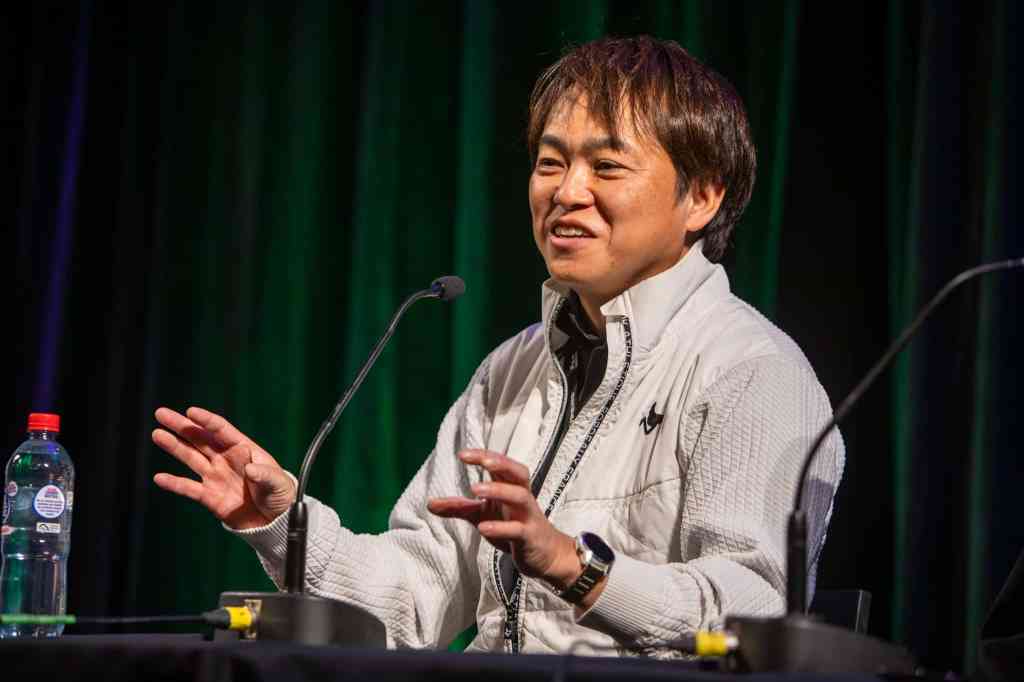
In 2023, at the time of writing, over 6,000 workers in the games industry have faced redundancy.
Many people who enter the industry do not make it to seniority, and staff turnover means that people working on recent iterations in a franchise within most Western studios are unlikely to have been at the studio since that franchise began. “A lot of Western companies cut people or lay them off when they don’t need them,” Endo says. “When you do that, wouldn’t the skill, the know-how, the expertise – wouldn’t that lead to a brain drain?”
Acquire also aims to hire from diverse backgrounds. “Acquire does a lot of disability hires,” Endo says. “A lot of folks get shunned out of working because of their disabilities, but they can all play games. A lot of Acquire’s QA testers are actually those with disabilities.” Japanese laws, in fact, require companies of a certain scale to hit diversity targets. 40% of the staff at Acquire are women – meaning that while the company has not hit parity, there’s a stronger gender diversity than there is in many studios of similar size.
Whether Acquire’s smaller projects like Xaladia and Ancient Weapon Holly will succeed remains to be seen, but the shift in business model they represent makes sense on the surface: tiny teams making games fast, with small budgets and scope. If they do not perform commercially, the studio does not necessarily take a big hit.
The world of games has changed a lot since Acquire formed in 1994; many companies from that time have not survived. I asked Endo how his studio has managed to stay relevant, and keep growing, in such a volatile industry.
“There’s no secret,” Endo insists. “You just have to work hard. You just have to get the jobs, work with publishers, keep people employed. It’s just hard work.”
“And luck,” he adds. “There’s always an element of luck.”
